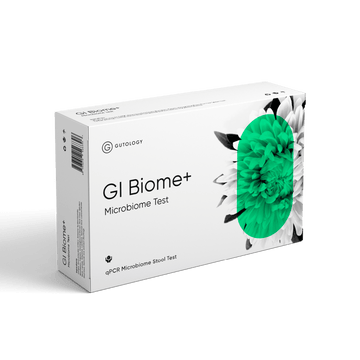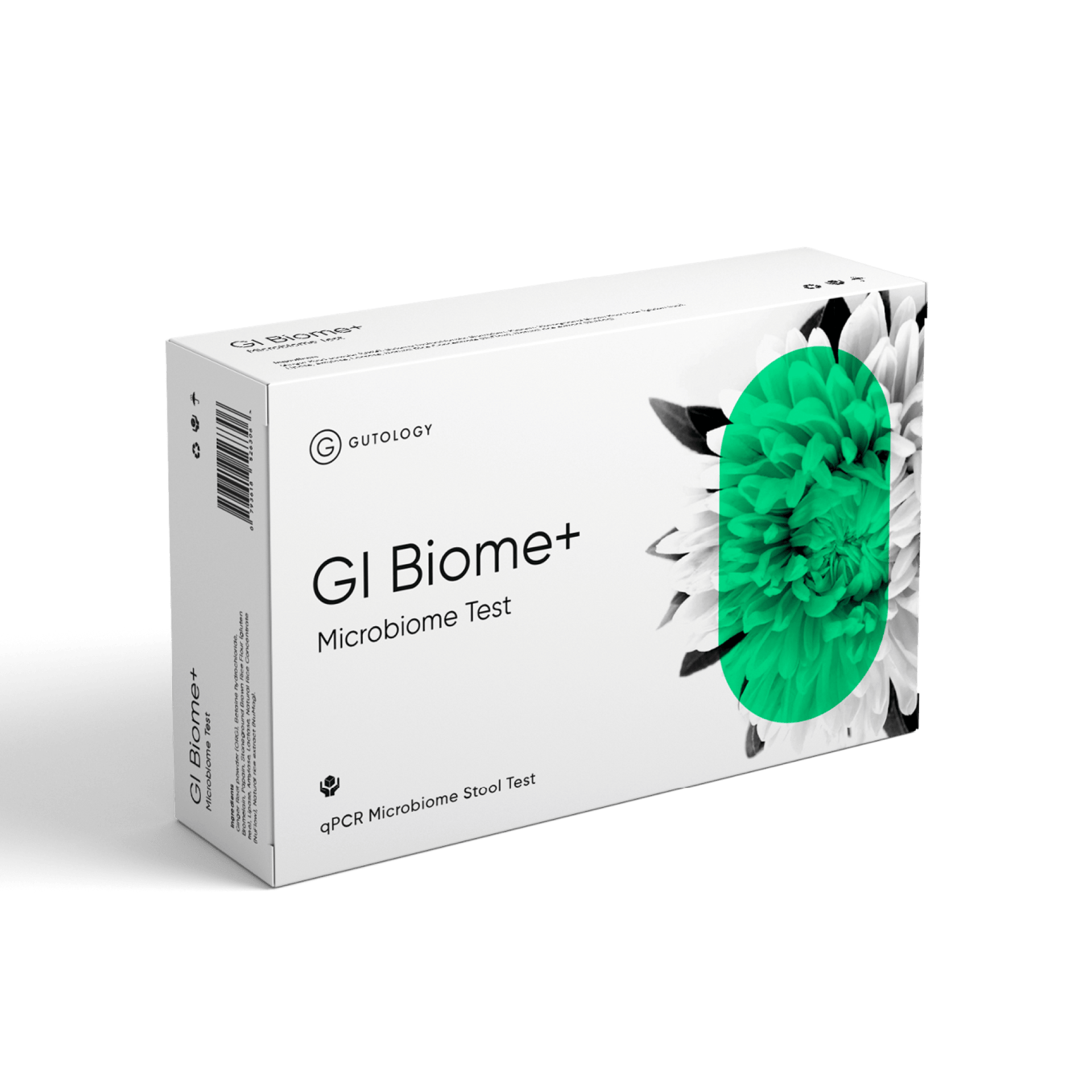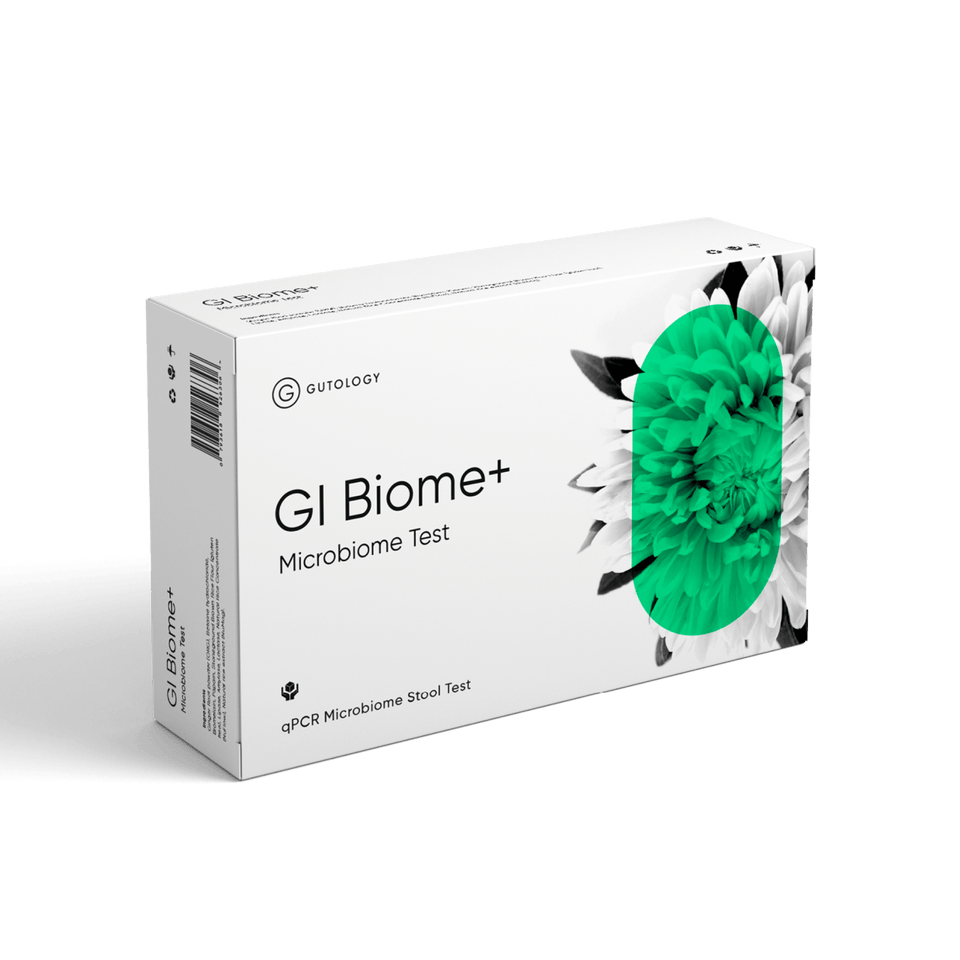We've all had some connection to cancer. In fact, behind cardiovascular disease, cancer is the second most common form of death throughout the world. Historically, there was a general belief that it was hereditary, un-lucky or connected to habits like smoking and obesity - but research is showing us that certain lifestyle factors can have a significant impact on the risk of developing cancer.
Early Intervention is key
We recently caught up with Dr Nina Fuller-Shavel on The Gutology Podcast to talk about cancer risk, early intervention and a more holistic approach to healthcare.
One of the most interesting things to come from the episode was that individuals who have a 'preposition to cancer, can still have significant influence on their health outcomes through diet and exercise.
Dr Nina Fuller-Shavel gave the example of BRCA1 (BReast CAncer gene 1) & BRCA2 - genes that carry a strong familial predisposition to breast cancer. With these mutations, the likelihood of breast cancer by the age of 80 is over 70%. But even with these mutations, Dr Shavel explains that physical activity carries a significant risk reduction.
An integrative approach
Precision medicine is now looking at how we can influence some of those smaller genes and manage risk and even modify the activity and expression of these genes. Precision oncology takes it a step further, with genetic tumour profiling and more personalised oncology regimes.
You can listen to the full episode with Dr Nina Fuller-Shavel about cancer, nutrition and her work on The Synthesis Clinic here:









